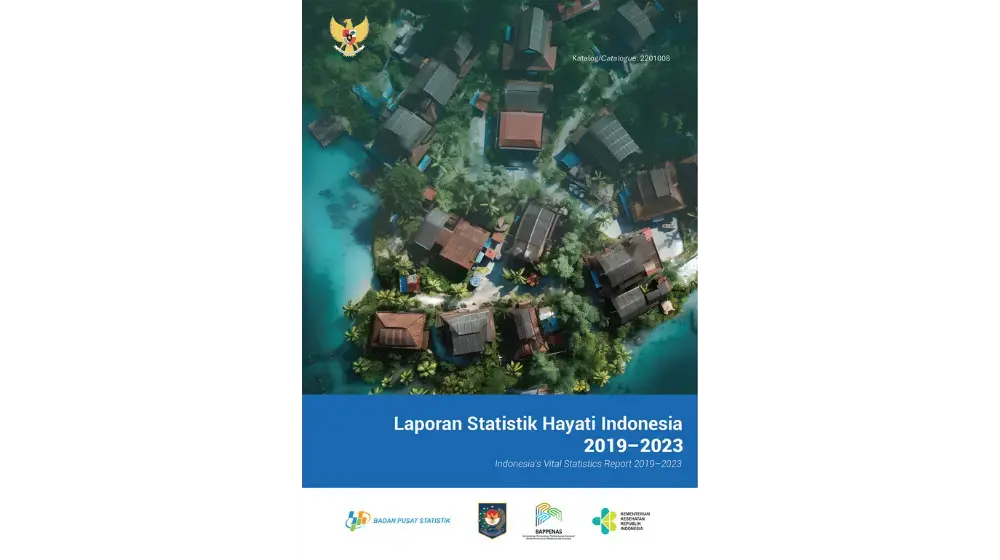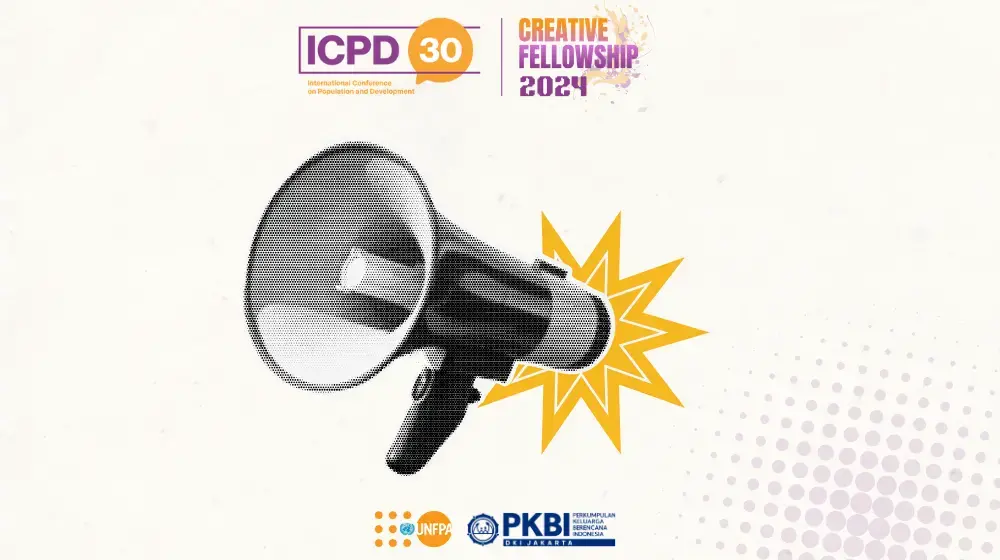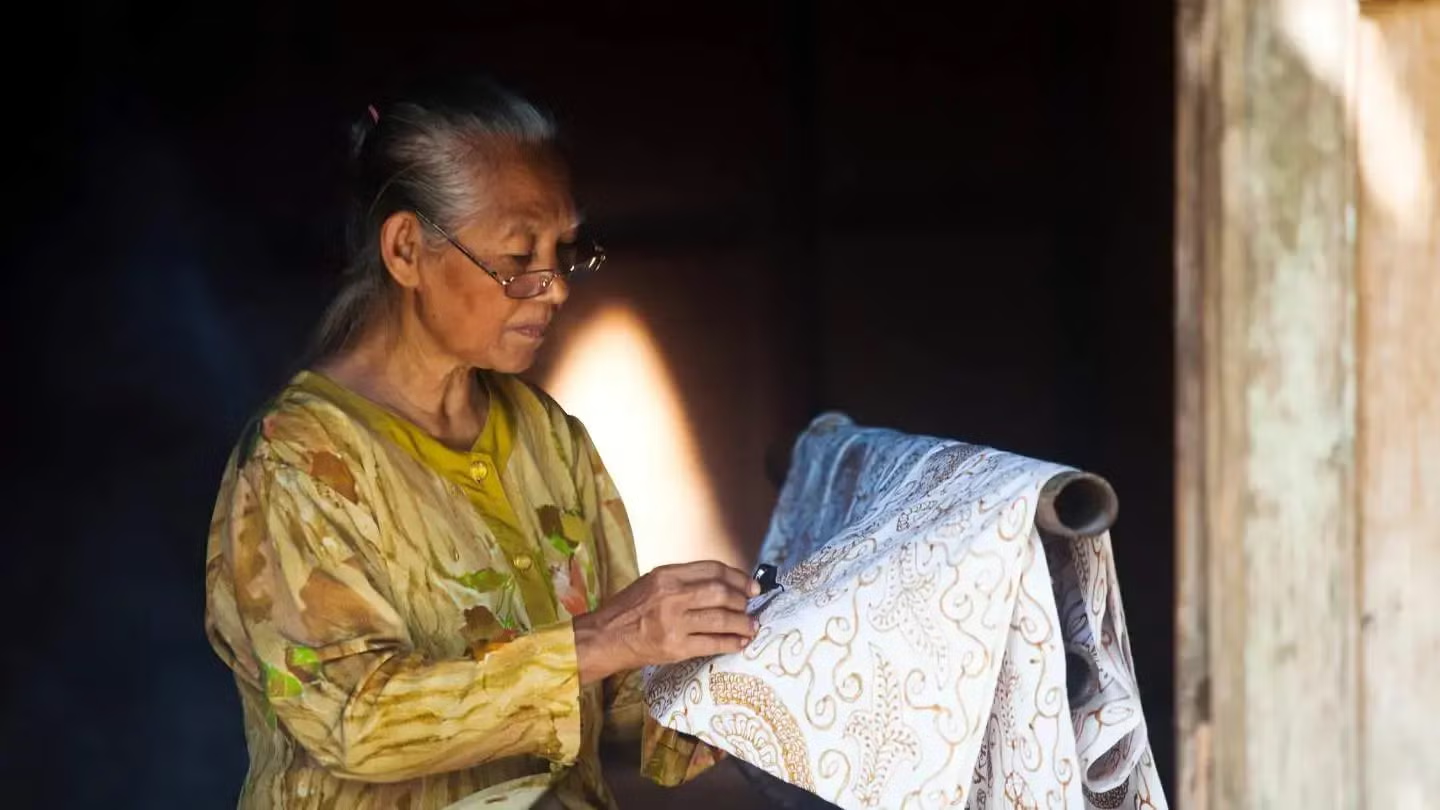Bogor, West Java: On the National Socio-economic Survey conducted in 2006, the number of Indonesian women experienced violence against women (VAW) showed an interestingly low prevalence – only 307 out of 10,000. Due to many researches confirming 1 out of 3 women worldwide will experience VAW during her lifetime, the figures shown in the 2006 survey was deemed unfit. Recognizing the need to improve the methodology for conducting national prevalence survey on violence in Indonesia, including the programme to provide technical support in improving the methodology, the Ministry of Women Empowerment and Child Protection (KPPPP) and Statistics Indonesia (BPS) requested UNFPA assistance to improve the methodology, and to provide guidance on the concept for a more comprehensive and elaborate survey on VAW in Indonesia.
In response to the request, on Sept 26-28th at the Novotel Hotel in Bogor, UNFPA conducted the 3-day training on the World Health Organization (WHO) Multi-Country VAW Survey Methodology. The WHO VAW survey was first introduced in July by UNFPA APRO’s Gender Advisor to UNFPA Indonesia stakeholders and deemed to suit the needs of Indonesia for a VAW-specific survey methodology.
An international consultant who was directly involved with the first induction of the WHO VAW survey, Ms. Henriette Jansen, came and shared her expertise to training participants on the survey methodology. Participants came from partner ministries and government agencies, civil society organizations, UN agencies, and university-led research centers.
Tags: Gender-based Violence, Population




